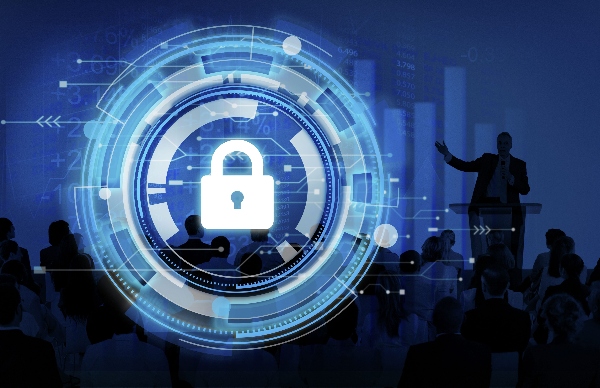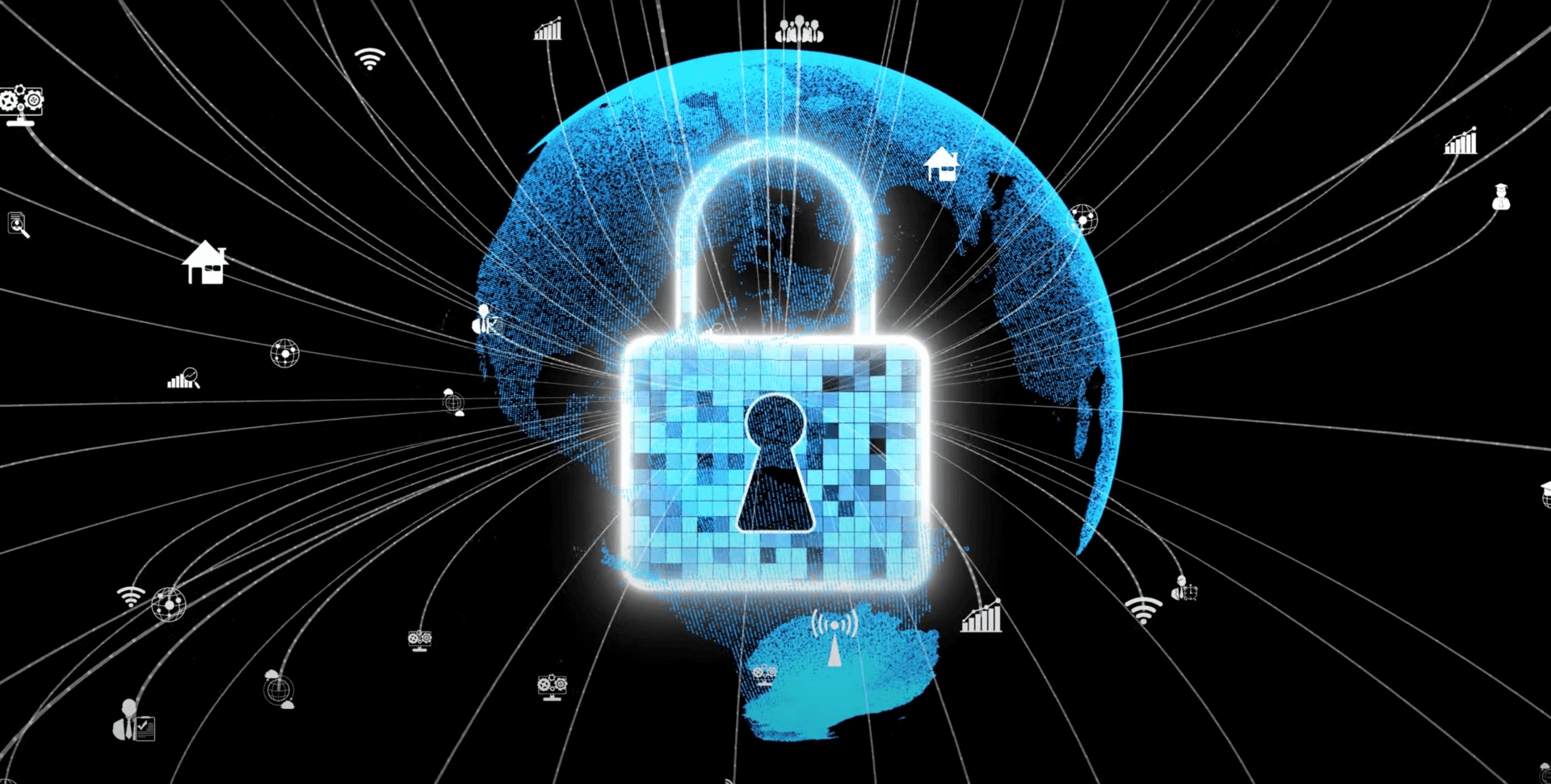
Cyber Threat Preparedness: Why Is Cybersecurity Awareness Important for Businesses
You walk into your office one morning, ready to tackle a new day, only to find your entire computer network shut down.
A ransom note flashes on every screen, demanding a hefty sum in exchange for unlocking your precious data. This scenario, once the stuff of fiction, is a real and present danger for businesses today.
The ever-evolving landscape of cyber threats means that organizations of all sizes must prioritize cybersecurity awareness. But why exactly is cybersecurity awareness so important?
Protect Against Financial Loss
Cyberattacks can cripple a company financially. Data breaches, ransomware attacks, and business email compromise (BEC) scams can result in hefty fines, stolen funds, and a significant loss of revenue. Imagine a scenario where a hacker infiltrates your system through a phishing email and steals customer data. The resulting investigation and potential lawsuits could cost your company millions.
Cybersecurity awareness training equips your employees to identify and avoid these threats. By learning about red flags and best practices through resources like those provided by service providers like revotech-networks.com, your employees become your first line of defense. This significantly reduces the risk of financial losses and safeguards your company's future.
Enhance Brand Reputation
News of a cyberattack can spread rapidly through social media and news outlets, casting a shadow over your brand reputation. The negative publicity can linger for months, even years, deterring potential customers and partners from doing business with you.
Building a culture of cybersecurity awareness showcases your proactive approach to data security, positioning your company as a trustworthy and reliable entity. This can give you a competitive edge in today's marketplace, where customers are increasingly concerned about data privacy. By demonstrating your commitment to cybersecurity, you inspire confidence and build brand loyalty, ultimately strengthening your reputation and driving business growth.
Safeguard Sensitive Information
Businesses often handle sensitive data – customer information, financial records, intellectual property. A data breach can expose this information, leading to identity theft, damaged customer trust, and legal repercussions. By understanding cybersecurity strategies and best practices, employees become the first line of defense in safeguarding this sensitive data.
Maintain Customer Trust

Customers entrust businesses with their personal information, from names and addresses to credit card numbers and social security numbers. A cyberattack that compromises this data can shatter that trust, leading to:
Customer Churn
Disgruntled customers who experience a data breach are more likely to take their business elsewhere, leading to a loss of revenue and potential brand ambassadors. In today's competitive landscape, customer loyalty is paramount. A data breach can erode that loyalty, making it difficult to win back customers who've had their trust betrayed.
Reputational Damage
News of a data breach can travel fast in today's digital age, tarnishing your brand image and making it difficult to attract new customers. The negative publicity can also impact your ability to recruit and retain top talent.
Regulatory Fines
Data breaches can violate privacy regulations, such as the General Data Protection Regulation (GDPR) and the California Consumer Privacy Act (CCPA), resulting in hefty fines and legal fees that can strain your resources. These fines can be in the millions of dollars, depending on the severity of the breach and the number of individuals affected.
Cybersecurity awareness training demonstrates your commitment to protecting customer privacy. By taking steps to safeguard their data, you build a foundation of trust that's essential for long-term success. IT support from service providers like generationix.com can also play a crucial role in maintaining robust security measures and ensuring your business is well-protected against potential threats.
Boost Employee Morale
Cyberattacks can be stressful for employees, leaving them feeling vulnerable and unsure. Cybersecurity awareness training empowers them with the knowledge and tools to navigate the digital landscape confidently. This fosters a sense of security and improves overall employee morale.
Comply with Regulations
Various industries are governed by strict data protection regulations. Failing to comply with these regulations can result in hefty fines and legal action. Cybersecurity awareness ensures that your employees are familiar with these regulations and follow the necessary protocols to stay compliant. This not only protects your business from legal repercussions but also instills confidence in your customers and partners.
Create a Proactive Security Culture

Cybersecurity isn't a one-time fix. It's an ongoing process that requires constant vigilance. By prioritizing cybersecurity awareness, you create a culture where security is embedded in everyday practices. Employees become active participants in safeguarding company data, not just passive bystanders. Here are some ways to foster a proactive security culture:
Regular Communication and Training
Keep employees informed about the latest cyber threats and best practices through regular training sessions, phishing simulations, and internal communication campaigns.
Incident Reporting
Establish clear procedures for reporting suspicious activity and create a safe space for employees to report incidents without fear of reprisal. This can be done by setting up an anonymous reporting hotline or email address.
Security Champions
Empower employees to become security champions within their teams. These champions can help promote cybersecurity awareness among their peers and answer basic questions.
Leadership Buy-In
Management's commitment to cybersecurity is essential for creating a culture of security. Leaders should set the tone by following security protocols and participating in training sessions.
Fostering a proactive security culture involves continuous effort and engagement from all levels of the organization. When you implement these practices, you can enhance your company's overall cybersecurity posture.
Conclusion
By prioritizing cybersecurity awareness, you're not just protecting your data and systems – you're safeguarding your company's future. In a world where cyber threats are ever-present, a proactive approach to cybersecurity is no longer an option – it's a necessity.
Trending
-
1 How Does SaaS Differ From IaaS And PaaS?
Fabrice Beaux -
2 Single Page Applications vs Multi-Page Applications
Fabrice Beaux -
3 Top 7 Effective Strategies for Multi-Language Website Development
Fabrice Beaux -
4 Boost Engagement to Infinity and Beyond: Unleashing AI-Driven Support
Anas Bouargane -
5 The Cheapest And Most Beautiful Stickers in CS2
Daniel Hall





Comments